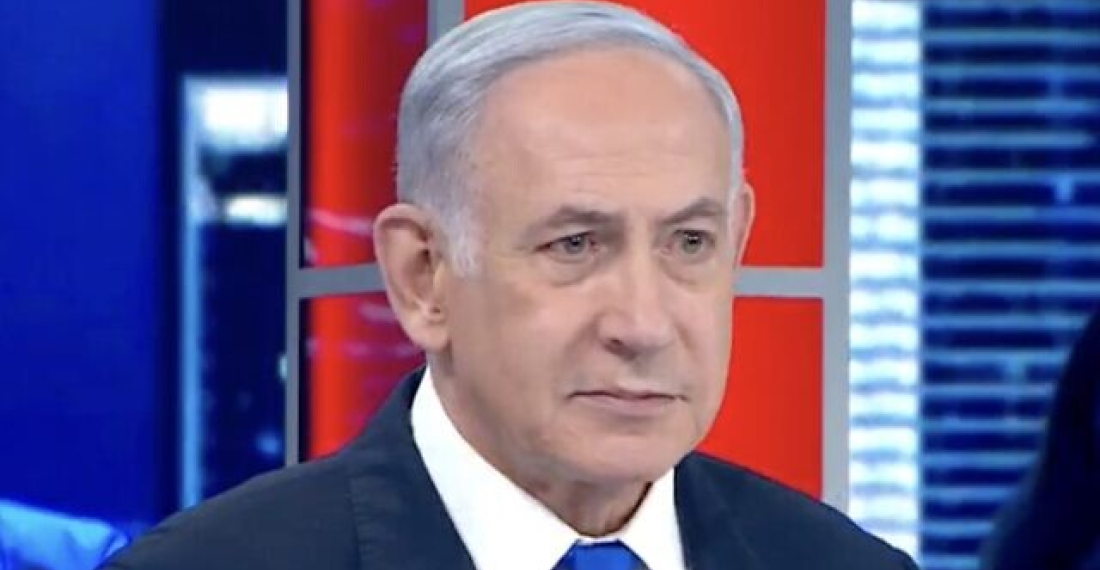Israeli Prime Minister Benjamin Netanyahu said on Sunday (23 June) that the current phase of ''intense" fighting against Hamas in Gaza was almost over. Netanyahu says the ground offensive in the southern town of Rafah is ending.
"After the intense phase is finished, we will have the possibility to move part of the forces north. And we will do this. First and foremost for defensive purposes. And secondly, to bring our (evacuated) residents home," Netanyahu said in an interview with Israel's Channel 14.
If fewer soldiers are needed in Gaza soon, Netanyahu said, more troops could be deployed on the border with Lebanon. There have been almost daily exchanges of strikes between the Iranian-backed Hezbollah and the Israeli army since the Hamas terror cross-border attack on 7 October 2023 that triggered the Gaza war. Israel and Hezbollah have been exchanging fire nearly every day since then, but the fighting has escalated in recent weeks, raising fears of a full-blown war.
According to Netanyahu, the troops are deployed mainly for defence, but also to allow expatriate Israelis to return home. Because of the violence, tens of thousands of people have left their homes in the border area.






